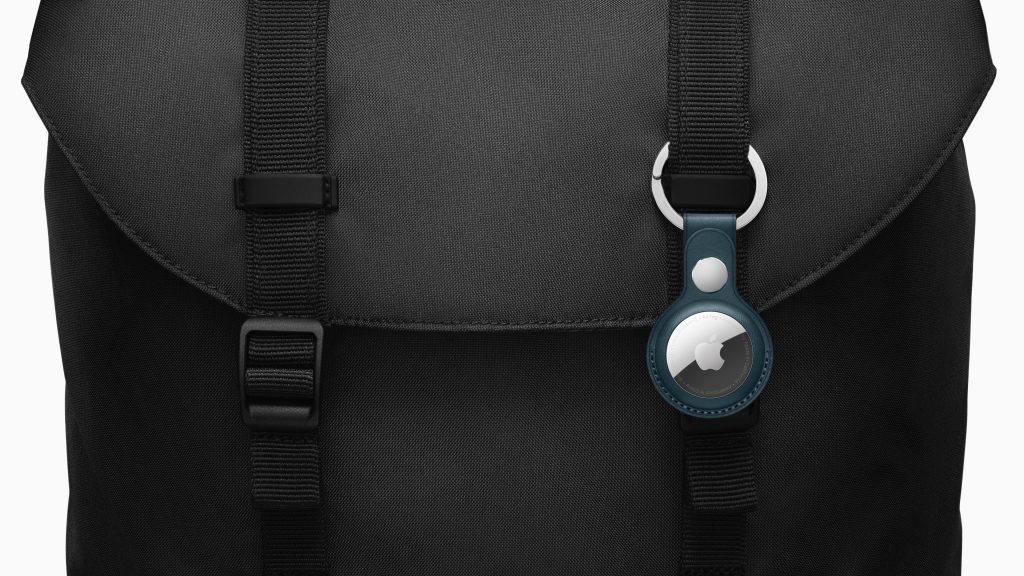German flag carrier Lufthansa is reportedly banning passengers from using Apple’s popular AirTag gadget in their checked luggage because the airline fears the tracking device poses an in-flight danger unless they are turned off and essentially rendered useless.
Launched in April 2021 as a way for Apple users to keep track of commonly misplaced everyday objects like keys and wallets, the AirTag made a pretty quiet debut until this year when the gadget’s popularity soared.

As demand for air travel surged back earlier this year, many airlines quickly buckled under the pressure. Airlines didn’t have nearly enough staff and workers who had been let go during the pandemic didn’t want to go back to low-paid shift work hauling bags at an airport.
The result was months of travel chaos and hundreds of thousands of lost and delayed baggage that piled up in airports around the world.
Passengers lodged lost baggage claims but went ignored by airlines that were inundated with baggage enquiries. If only there were a way for passengers to keep track of their bags after they placed them on the baggage conveyor and into the care of the airlines.
The AirTag was the obvious answer. Cheap, light and small, the AirTag works by transmitting a unique identifier via an inbuilt Bluetooth signal. The signal is picked up by any nearby Apple phone which sends location information to Apple.

The owner of the AirTag can then trace the last known location of the gadget via their ‘Find My’ app on their own phone. AirTag’s don’t have their own GPS or phone signal, and they can’t be remotely switched on and off.
In April, Elliot Sharod who goes by the name Avios Adventurer on Twitter made headlines around the world as he used his AirTag’s to track one of his bags that had been lost by Aer Lingus.
The airline promised to deliver his bag via courier, but out of four bags that had gone missing, the courier only turned up with three. Elliot had to play detective for Aer Lingus and track the last missing bag to an address in London.
And in another case in August in Florida, a luggage thief was caught after a bag with more than $15,000 worth of jewellery didn’t show up on the carousel after a flight. The AirTag attached to the bag led police straight to the thief’s home.
But despite their obvious uses, a Lufthansa spokesperson says AirTag’s should be switched off because they are considered as ‘dangerous goods’.
“Luggage trackers belong to the category of portable electronic devices and are therefore subject to the dangerous goods regulations issued by the International Civil Aviation Organization (ICAO) for transport in aircraft,” a spokesperson for Lufthansa told German publication Wirtschaftswoche last month.
“Accordingly, due to their transmission function, the trackers must be deactivated during the flight, similar to mobile phones, laptops, tablets, etc. if they are in checked baggage.”
The AirTag ‘ban’ is also said to be extended to Austrian Airlines which is owned by Lufthansa, although neither airline has officially published the ban on their websites yet.
Where does this leave passengers? Well, Apple initially marketed the AirTag as a baggage-tracking device and no other airline appears to have banned AirTag’s. In fact, despite Lufthansa’s apparent hostility towards the gadget, the carrier doesn’t appear to be actively enforcing its AirTag ban.
Sign Up for the Cabin Crew Brief
Get the latest cabin crew recruitment news delivered to your inbox once a week…




